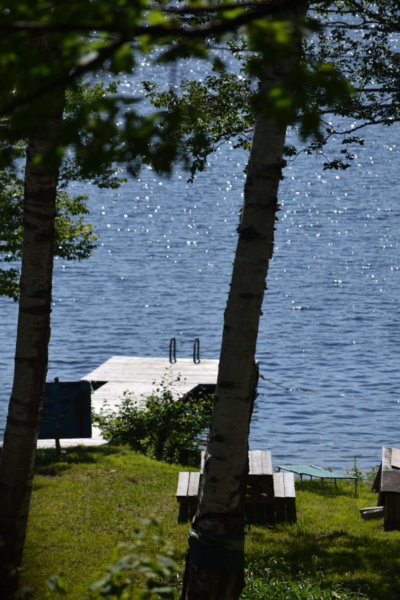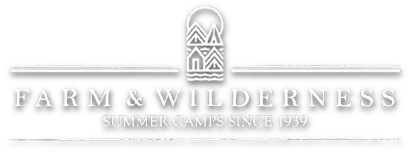As adults, our beliefs are challenged when discussing identity with young people, as we must present our values without help from fancy academic language or buzzwords. At Saltash Mountain, our social justice curriculum is centered around four questions:
“Who am I?”
“Who else is here?”
“How can I be a loving, supportive member of our community?”
“And how can I help others be loving, supportive members of our community?”
One of the primary objectives of our cabin trips, which  embarked out to the wilderness this morning, is to start addressing the first two questions, “Who am I?” and “Who else is here?” Counselors set the tone for self-discovery by means of encouraging campers to explore their roles in the community, be it their own cabin or in SAM Camp as a whole. Before hitting the road, the cabin groups engage in meaningful team building exercises to assess existing group dynamics. These activities, although silly at the surface, allow the group to anticipate challenges they will face on trail and brainstorm methods for supporting one another.
embarked out to the wilderness this morning, is to start addressing the first two questions, “Who am I?” and “Who else is here?” Counselors set the tone for self-discovery by means of encouraging campers to explore their roles in the community, be it their own cabin or in SAM Camp as a whole. Before hitting the road, the cabin groups engage in meaningful team building exercises to assess existing group dynamics. These activities, although silly at the surface, allow the group to anticipate challenges they will face on trail and brainstorm methods for supporting one another.
These trips are also intended to prepare campers for their longer and more strenuous six-day adventures. As I write, Pico and Glastonbury Cabins are canoeing around Lake Ninevah and hiking near Crowne Point, Killington Cabin is trekking as pioneers on their scout trip, Okemo Cabin is experiencing Vermont’s famous Long Trail, and Shrewsbury Cabin is journeying to Tiny Pond and ultimately Buttermilk Falls. Campers often don’t realize they’re working to build community, as they’re distracted by the thrill of the open trail, the view from the next summit, or the lily pads floating beside their canoes.
Meanwhile, back at headquarters, we are eagerly planning for the action-packed coming weeks; waiting at the edge of our seats to learn about the trials, tribulations, and triumphs of our campers in their cabin trip skits. It isn’t until they return to camp, knowing a bit more about their cabinmates, counselors, and themselves, that Saltash Mountain begins to feel like home.




